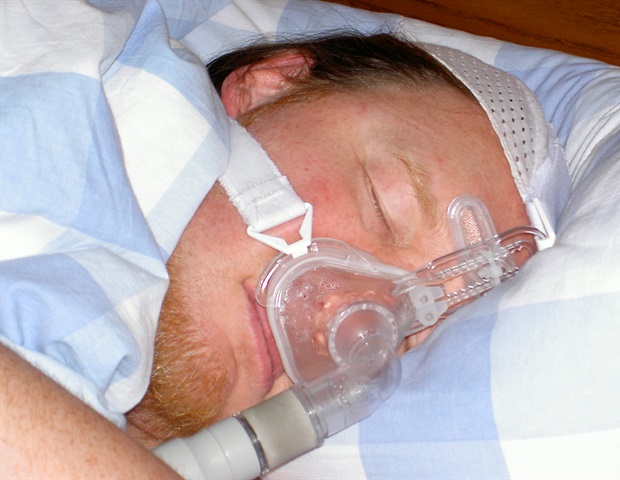West Virginia University researchers will put a sleep apnea detection device at the fingertips or wrists of patients facilitating early diagnosis and treatment of the disease with support from a National Science Foundation grant. Dr. Sunil Sharma, N.
Leroy Lapp Professor and division chief of the Pulmonary, Critical Care and Sleep Medicine Fellowship Program in the WVU School of Medicine, received the award after working with other WVU researchers to develop prototypes and secure a patent. It's about taking technology from the lab to the bedside. This grant will help us connect with people who have a high level of expertise and join their strengths with ours.

We will work with experts in AI, software production and enhancement, industrial production, and technology and hardware enhancement." Dr. Sunil Sharma, School of Medicine, West Virginia University Support from the NSF Innovation Corps program will provide for collaboration among experts from WVU and other institutions.
The prototypes include a watch and a fingertip clip, similar to a pulse oximeter that patients wear while sleeping at home. Both use artificial intelligence technology to measure and analyze data collected via an app on a smartphone or tablet. "What the devices do is collect information from your bloodstream regarding the certain way the oxygen is delivered and circulated in the blood," Sharma explained.
"Based on those oxygen signals and the algorithms which we have fed in -; the way we designed it and c.























